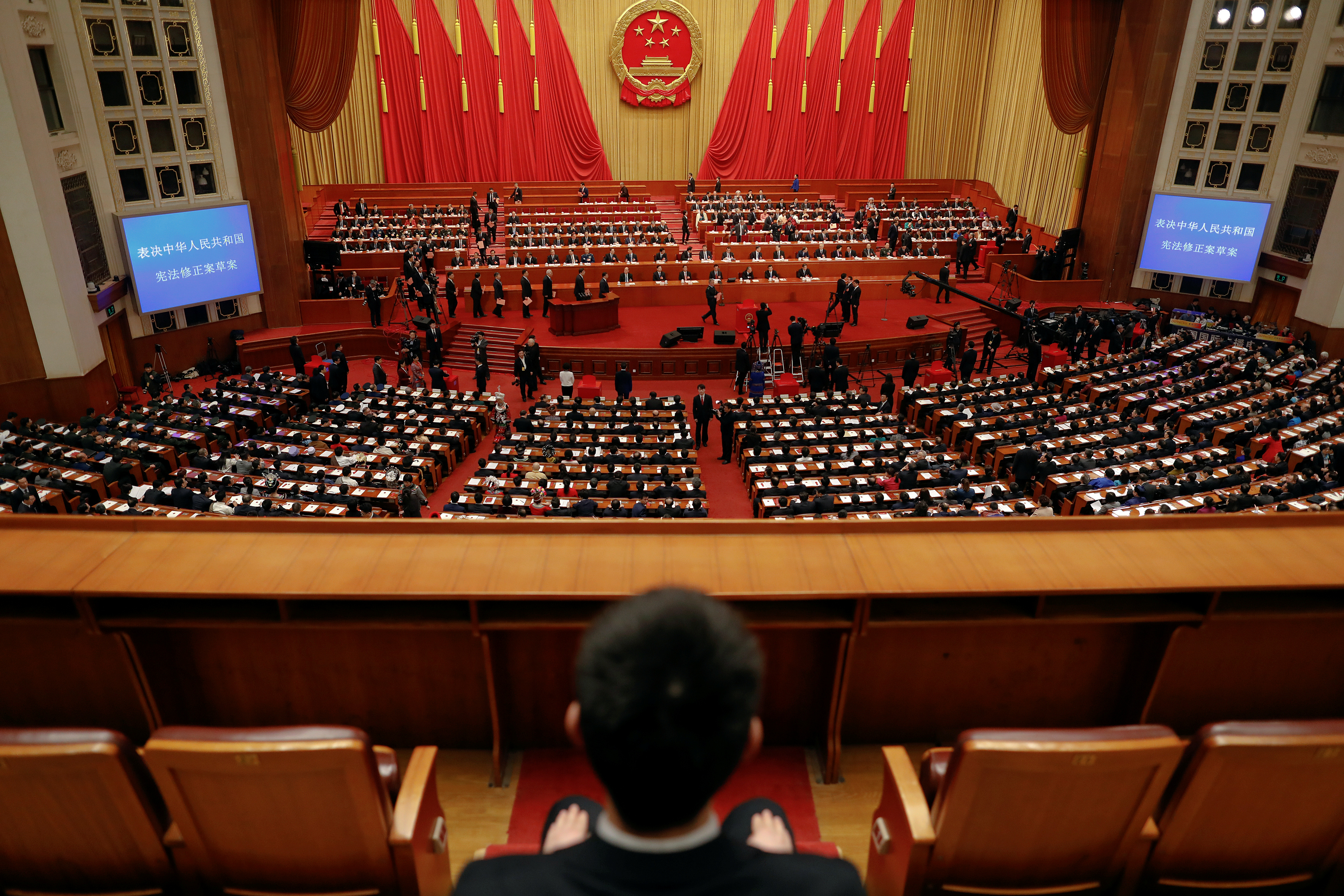Sudan is a developing nation that still faces a lot of challenges regarding gender inequality. Women have held some leadership positions in South Sudan in the past such as Religious leaders, clan leaders, and political leaders. Unfortunately, patriarchal rule has been so strong that it has made it impossible for women to have leadership positions. Sudan is subjected to theocracy in which 97% of the population is muslim but, they also allow and have liberal views.
Sudan's legal system is a strict form of Sharia Law. Sharias law is islam's legal system and its derived from the Quran. Over a period of time the government of Sudan has had an islamic militant ideology which aims to exclude women from multiple opportunities such as education, access to land, their freedom of dress and more. Sudans women's rights were basically limited in all forms. As well as not having basic human rights, women in Sudan have no protective rights. According to the Borgen Project which is a nonprofit organziation that believes in helping nations suffering from a lack of human rights and proverty, they stated “Sudanese culture follows a strict interpretation of Islam and is often a culture that allows female genital mutilation, honor killings and other violations against women. Women don't have control over their own body. Many of the laws women are protesting against stem from long lasting traditions.
Women in Sudan have been protesting for their freedom for over 30 years under the oppressive laws of dictator Omar al-Bashir. Omar al-Bashir was a terrible man and throughout his presidency he raped, tortured and created laws to violate women rights.However though inequality didn't start while he was in power he enforced laws that limited women's rights. Despite having the majority of the population be women, laws were only placed to enforce oppression upon women uplifting that gender inequality that has been going on for decades.
Some of the basic rights taken away from women in Sudan include lack of enrollment within girls. The enrollment for boys is significantly higher than females as well as their literacy rate. Only 12 percent of educators in Sudan are females, and most females in Sudan aren't allowed to have jobs. It is believed they take the role of a housewife. It was also highlighted that some studies carried out since 2005 by women’s groups and international organization's have shown an increase in domestic violence, marital and non-marital rape, beating , and economic deprivation experienced by women since the peace process began. Something that is really nasty and disgusting is that women are threatened to stay silent and if not they are raped. An important factor that has contributed to the increase in gender violence is that both the formal and the informal justice systems fail to provide redress for women who are victims of gender violence. Tradition is important in Sudans culture, but tradition does not justify oppressive laws. Laws also restrict women from wearing pants, enjoy equality, representation in government as well as child marriage.The freedom house gave Sudan the lowest possible ranking among repressive regimes. Sudan has been a nation that has been struggling for decades. Lastly, Sudan is 1/18 countries in the world where women need permission from a male guardian to work for wage. This is crazy because Sudan is transitioning towards democracy. However, Democracy can look different in many countries. Sudan is one step loser though.
It isn't easy for women to speak up since they have limited voices within the government and laws but in 2019, The women of Sudan had a women's revolution where they began to use their voices and decided to rise up against Omar al-Bashir, though it came with many consequences this was a step taken that helped women. However, they did have to deal with persecution from the military but it didn't stop them from fighting their oppressors. Women need to continue to speak up to end the oppression they are being put through.
https://media.africaportal.org/documents/IJR_AP_
Fellows_OP3_Sudan_Amel_Aldehaib.pdf
https://borgenproject.org/5-facts-about-womens-rights-in-sudan/
http://www.mwcoalition.org/quotas/id10.html\
https://borgenproject.org/about-us/















